Sudan's army says makes first major advance in war with RSF
The Sudanese Army (SAF) has made its first major advance in 10 months of war with the rival paramilitary Rapid Support Forces (RSF), regaining control of part of the key city of Omdurman.
The armed forces say they disconnected two main bases in the city, which is considered to be the twin city to Sudan’s capital, Khartoum.
The RSF, however, claims, "The army has turned to propaganda as it is on the verge of defeat."
The group has been fighting the army for control of the North African country since April in a war that has killed thousands of people and displaced eight million amid warnings of famine.
The RSF took control of most of the capital Khartoum as well as Omdurman and Bahri. The residents of cities say the group has expelled them from their houses, looted properties and belongings, and raped women.
The force is accused of war crimes, crimes against humanity, and ethnic cleansing in West Darfur state.
Since the start of the year, the army has made gains after it carried a broad campaign of air strikes.
The army had suffered numerous setbacks at the hands of the Rapid Support Forces, with some attributing the advances made by the RSF to their “outperforming expectations, their management of logistics over immense distances, local commanders tactically outwitting their opponents, and Emirati support via neighboring Chad.”
Some say that the army made “military and political errors”, warning that they have brought the institution and the Sudanese state to the “edge of an abyss.”
Harry Verhoeven, Senior Research Scholar at the Center on Global Energy Policy, Columbia University, said in an article run by the Conversation on Monday, “The once mighty Sudan Armed Forces have made military and political errors that have increased the possibility of their disintegration and the collapse of the Sudanese state.”
“The ongoing civil war could be the trigger of this implosion, but not the underlying cause,” the article said.
The article said the Sudan Armed Forces’ “insistence on autonomy and desire to protect what they perceive to be their legitimate institutional prerogatives fuelled competition with Sudan’s other security organs”, including the intelligence services and paramilitary militia.
Sudan is ruled by Abdel Fattah al-Burhan, who rose to power as the head of a Transitional Sovereignty Council, composed of military and civilian representatives, after the 2019 ouster of long-time ruler Omar al-Bashir.
The military leader seized power in an October 2021 coup, aborting the transition to civilian rule agreed after the 2019 revolution.
In January, Burhan turned down reconciliation efforts with the RSF, pledging to carry on the months-long war with the RSF.
“The whole world witnessed these rebel forces (RSF) committing war crimes and crimes against humanity in West Darfur and the rest of Sudan,” Burhan said, referring to the ethnic cleansing in and around the West Darfur city of El Geneina.
Burhan stressed that the RSF “doesn’t seek the good for Sudan.”
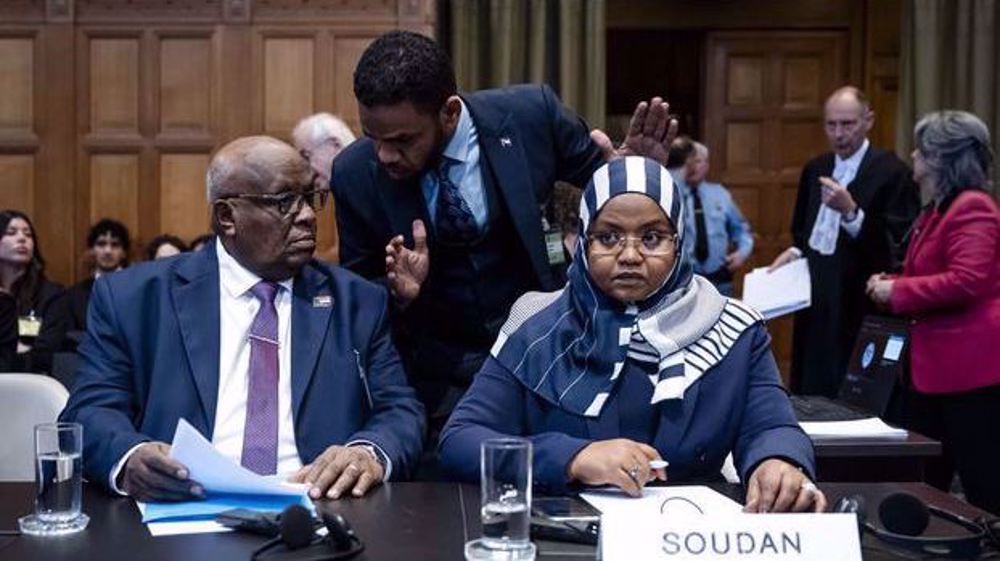
Sudan takes UAE to World Court over 'genocide' in Darfur
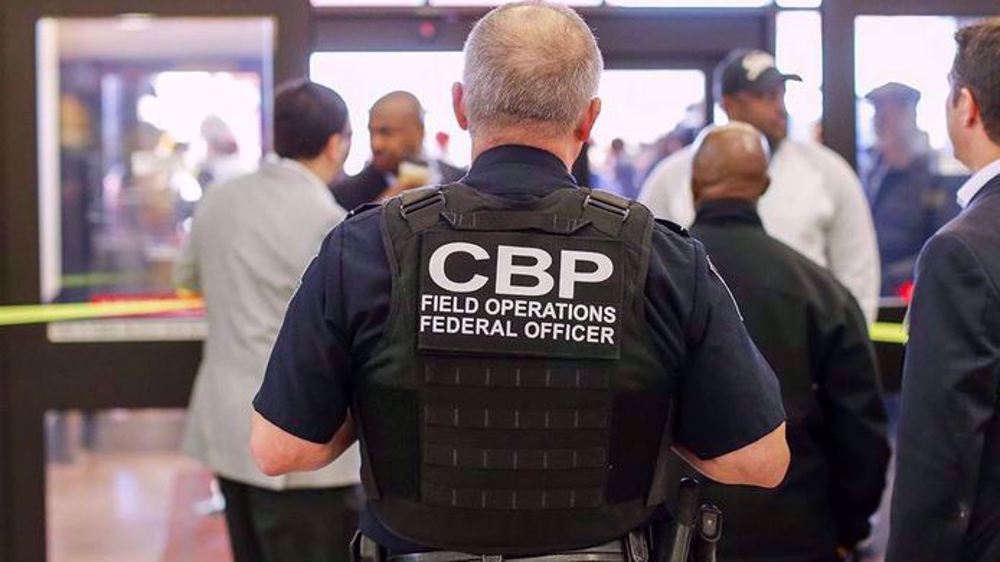
US revokes all visas held by South Sudanese passport holders
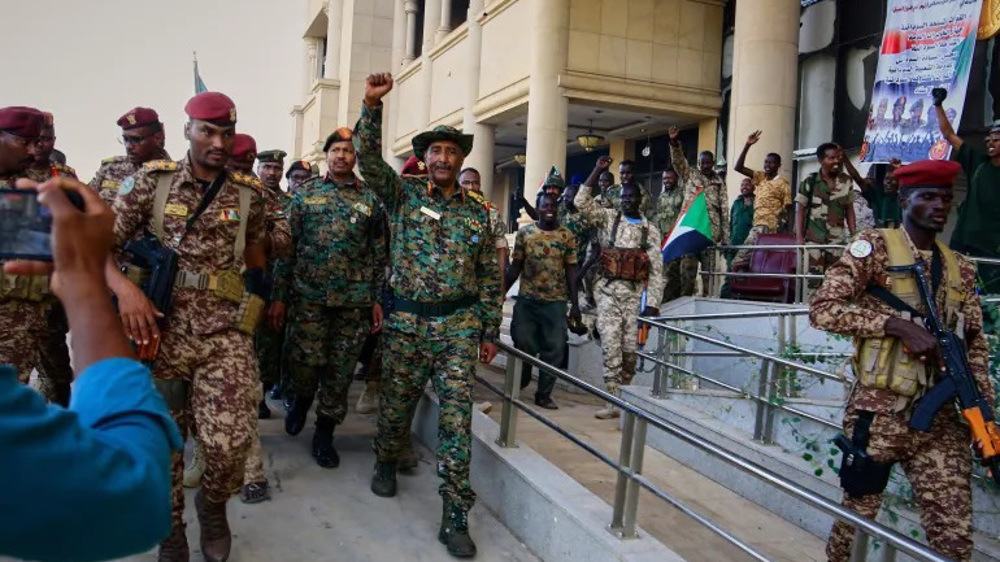
Sudan army takes full control of Khartoum amid RSF defiance
US airstrike on Yemeni capital kills at least 12 civilians
VIDEO | Yemeni air defenses shoot down another US MQ-9 drone over Sana’a
VIDEO | Press TV's news headlines
VIDEO | Gaza Million March in Islamabad condemns US-backed Israeli aggression
Red Crescent rejects Israeli military report on killing of Gaza medics
Yemen sanctions 15 US weapons manufacturing companies
Israeli military claims Gaza medics were killed mistakenly
Iran to expand off-grid solar to all government buildings


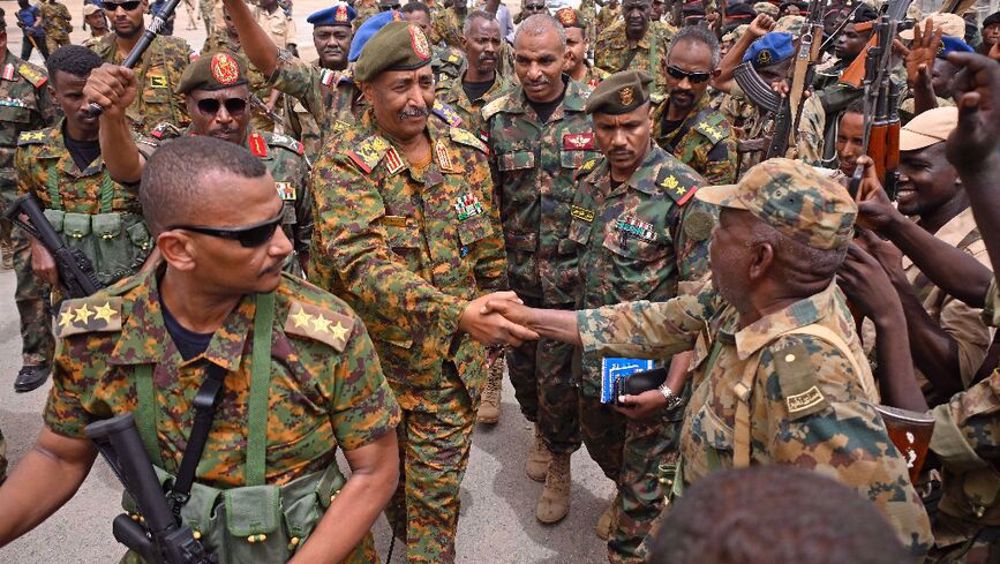
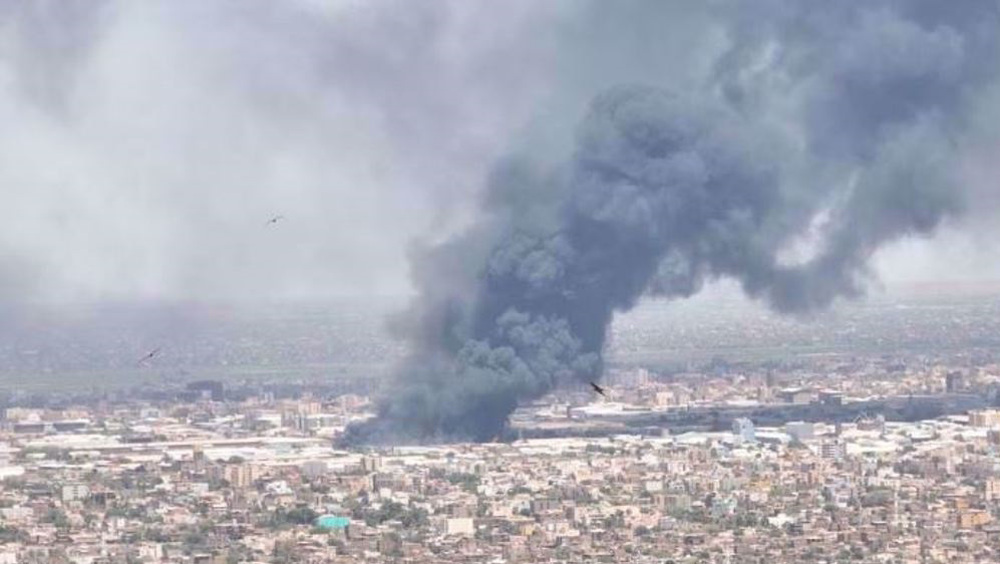



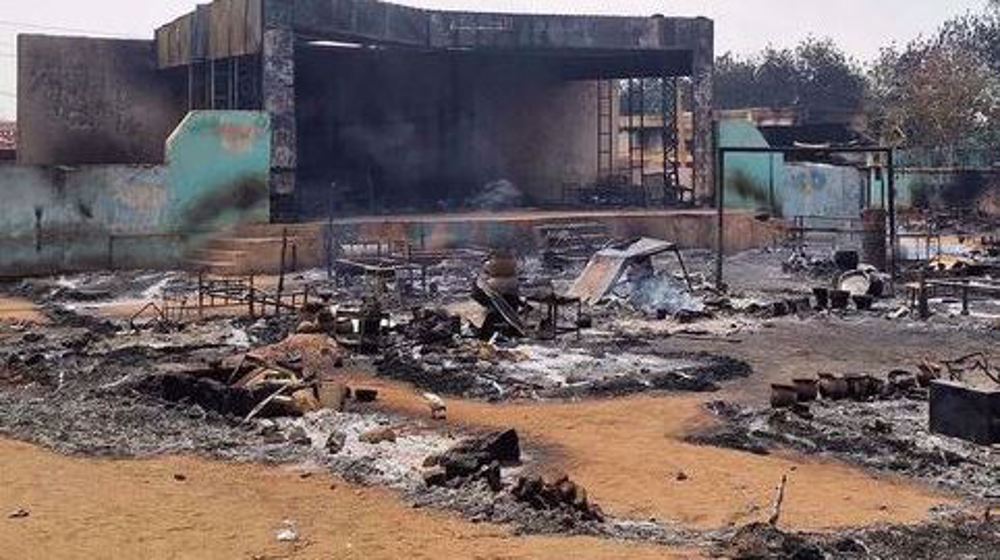
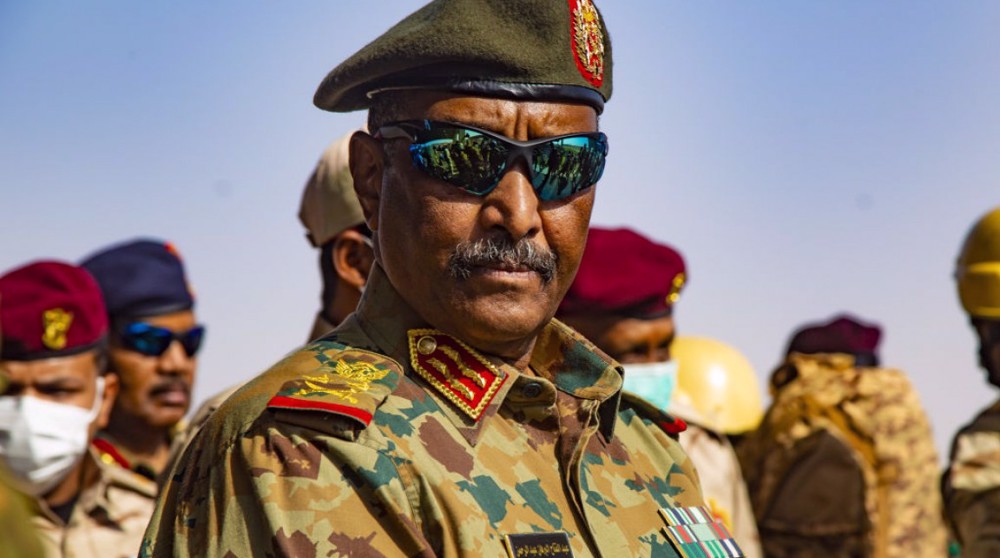
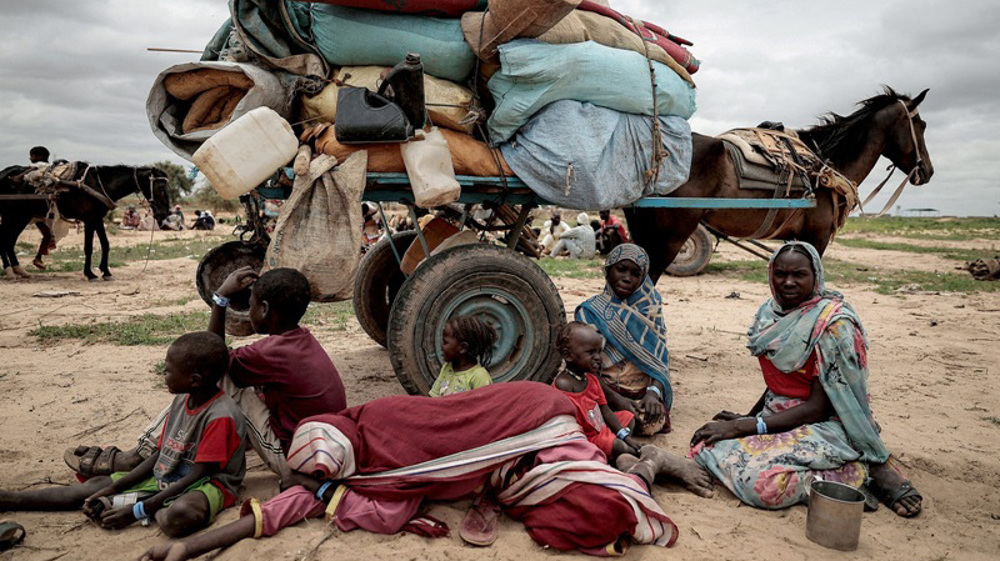

 This makes it easy to access the Press TV website
This makes it easy to access the Press TV website